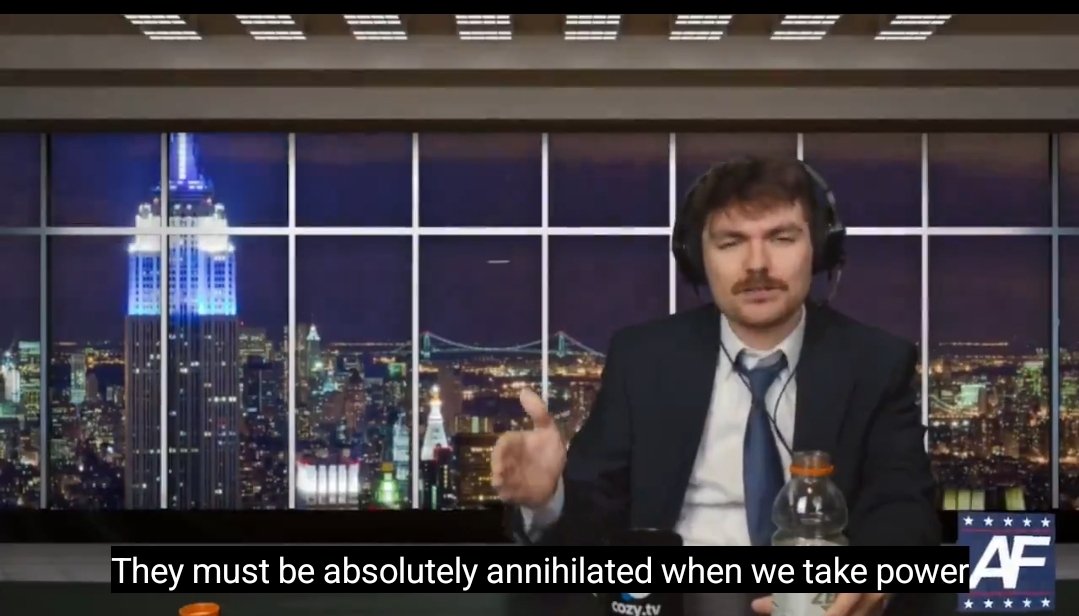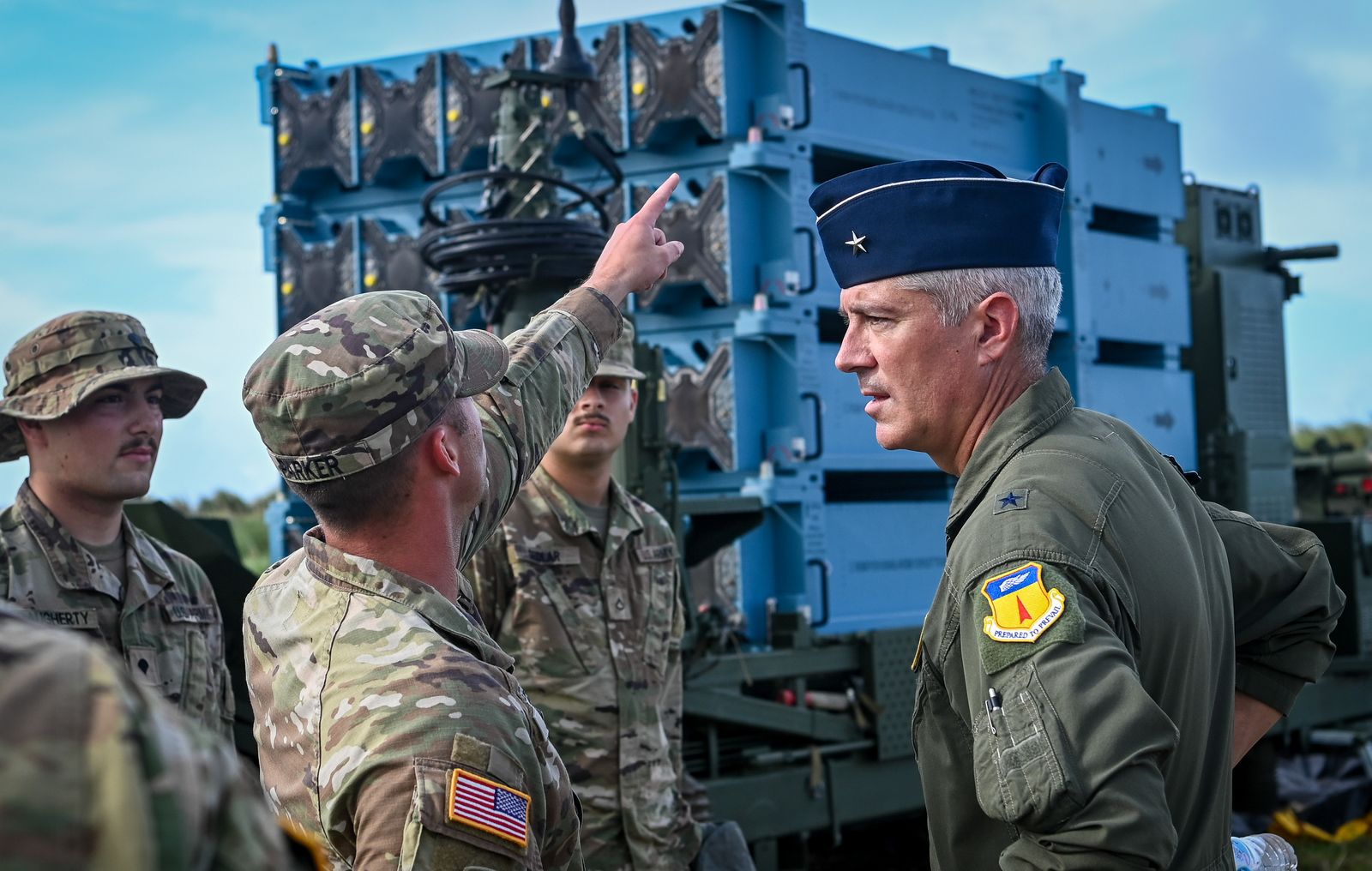By Professor Walter E. Block & Oded J.K. Faran
When Israeli intelligence services target Iranian nuclear scientists, critics often raise an immediate objection: aren’t these civilians protected under the laws of war? After all, they wear civilian clothes, hold advanced degrees, and return home to their families each evening. They look more like university professors than soldiers.
This objection deserves a serious answer, because it touches on fundamental questions of military ethics and national survival.
Traditional distinctions between combatants and non-combatants were developed when armies wore uniforms, carried weapons openly, and fought on battlefields far from civilian populations. But modern warfare has evolved dramatically. The most dangerous threats often come not from soldiers with rifles, but from scientists in laboratories developing weapons of mass destruction.
Consider this perspective: An Iranian nuclear scientist working to develop weapons intended for Israel’s destruction may pose a greater threat than five hundred conventional soldiers. While a soldier carries a rifle that might harm dozens, a nuclear scientist enables weapons that could kill millions. Targeting foot soldiers while sparing those developing existential weapons would be like shooting at an enemy’s fingernails while ignoring blows aimed at your head.
This dilemma is not new. In the 1960s, Israel faced a similar threat when German scientists (some with Nazi backgrounds) traveled to Egypt to develop missiles and unconventional weapons for Gamal Abdel Nasser’s regime. Egypt had already used chemical weapons in Yemen and made explicit threats against Israel’s existence.
Israel launched Operation Damocles, a campaign that included intimidation, sabotage, and targeted operations against these weapons scientists. The moral calculation was clear: scientists voluntarily working to develop weapons of mass destruction for a regime openly committed to Israel’s annihilation had made themselves legitimate targets. They were not innocent bystanders but key participants in an existential threat.
The international community’s response was notably muted, perhaps recognizing the justice of Israel’s position. The operation succeeded in disrupting Egypt’s weapons programs without the mass casualties that those weapons might have caused.
Iran’s leaders have repeatedly called for Israel’s destruction. Iranian nuclear scientists are not conducting pure research. They are working on weapons systems explicitly intended to threaten Israel’s survival. Their work is not incidental to warfare; it is central to it.
These scientists make a voluntary choice to participate in a program whose stated goal is the elimination of a UN member state and the potential deaths of millions of civilians. This is not morally equivalent to teaching physics at a university or conducting medical research.
Context matters. Israel has demonstrated extraordinary restraint in conflict. Throughout military history and across the world, armed forces have typically caused nine civilian casualties for every combatant killed. Israel’s ratio stands at approximately 1.5 to 1—three civilians for every two combatants. This represents an unprecedented level of care in modern warfare.
Israel routinely warns civilian populations before strikes, even when those populations shield military targets. The IDF sends warnings, leaflets, and phone calls to evacuate areas before operations, despite the tactical disadvantage this creates and despite the fact that these warnings alert legitimate military targets as well.
This commitment to minimizing civilian harm makes the targeting of Iranian nuclear scientists all the more justified. Israel carefully distinguishes between true non-combatants and those actively working to enable mass destruction.
The fundamental question is this: Does donning civilian clothes while working to develop weapons of mass destruction for use against civilian populations provide moral immunity?
We contend it does not. Intent matters. Contribution matters. The Iranian nuclear scientist who voluntarily advance weapons programs aimed at Israel’s annihilation have made a choice that places them within the sphere of legitimate defensive action.
Hamas fighters don’t wear uniforms either, yet few dispute Israel’s right to target them. The nuclear scientist poses an even greater threat than the fighter in the field. If Israel is justified in defending itself against the latter, it is even more entitled to defend itself against the former.
This is not an argument for reckless action or disregard for human life. It is an argument for moral clarity. When individuals voluntarily place themselves at the center of programs designed to commit genocide, they bear responsibility for that choice.
Israel faces genuine existential threats. Its response (measured, targeted, and demonstrably more restrained than any comparable nation in history) represents not the abandonment of moral principles but their careful application to the hard realities of national survival.
The question is not whether targeting weapons scientists is comfortable or easy. It is whether allowing those scientists to complete their work (work that could enable the death of millions) is morally defensible.
When the choice is between targeted action against those enabling mass murder and waiting for that mass murder to become possible, moral justification is clear.
Walter E. Block, Ph.D. is the Harold E. Wirth Eminent Scholar Endowed Chair and Professor of Economics at Loyola University, New Orleans.
Oded J.K. Faran holds LL.B. and LL.M. degrees in law from Sha’arei Mishpat College in Israel. He is the General Director of Faran & Co. International Translations Ltd. and lives in Tbilisi, Georgia. He is the author of Jacob’s Ledger, a blog focused on the intersections of economics, law, and geopolitics, aimed at professionals who value clear thinking and grounded analysis.
Sources
- Civilian casualty ratios: Frontiers in Public Health systematic review – Historical warfare statistics
- Israel’s civilian ratio: Washington Times analysis – Israel Gaza ratio
- Civilian casualty analysis: National Institutes of Health study – Modern armed conflicts
- Operation Damocles overview: Jewish Virtual Library – 1960s Israeli operation
- Operation Damocles book: Roger Howard, Pegasus Books – German scientists Egypt
- Egypt chemical weapons: National Nuclear Security Administration – Yemen chemical warfare
- Yemen chemical attacks: Weatherhead Center, Harvard – 1960s gas warfare
- Iran threatens Israel: European Institute Security Studies – Destruction statements
- Iranian threat analysis: Emerald Publishing academic journal – Balancing deterrence study
- IDF warning procedures: IDF official information – Civilian protection methods
- IDF evacuation warnings: Jewish Virtual Library – Leaflets and calls







